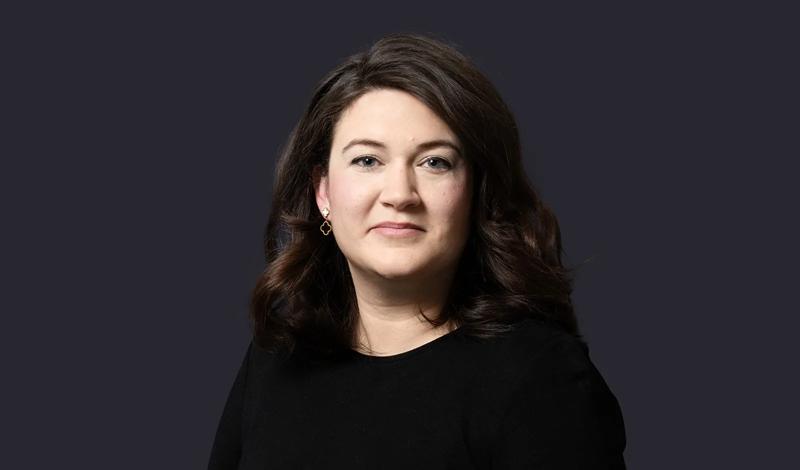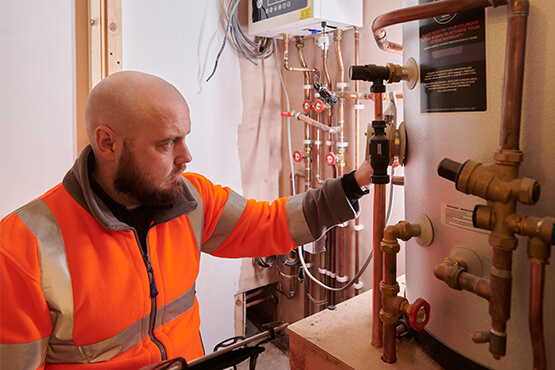Browne Jacobson’s energy & infrastructure specialists advise Welsh European Funding Office on major tidal renewable energy project
Browne Jacobson’s specialist energy & infrastructure lawyers have advised the Welsh European Funding Office (WEFO) on a significant £31m funded tidal energy project, located in Anglesey, off the North West coast of Wales.
Browne Jacobson’s specialist energy and infrastructure lawyers have advised the Welsh European Funding Office (WEFO) on a significant £31m funded tidal energy project, located in Anglesey, off the North West coast of Wales.
The funding, which is likely to be the last grant of this size from the EU’s regional funding programme, was awarded to the Morlais infrastructure project, which will be led by the Mentor Môn group.
Once developed, the renewable energy infrastructure created by the project will become one of the largest tidal stream sites in the world enabling tidal stream developers to test and advance tidal technologies through the provision of a pre-consented grid connected zone which is capable of accommodating tidal devices in arrays.
The project aims to facilitate the further development of tidal power generation technologies through providing infrastructure which enables developers to deploy their devices with the requirement only to connect their sub-sea cables to the project infrastructure. This allows those developers to focus purely on the development and demonstration of the commercial viability of their devices. In addition to promoting the opportunity for the industry to produce and supply clean and ethical energy on a global scale, the project will bring a host of social and economic benefits to the local area including opportunities for employment and the development of specialist skills.
The Browne Jacobson project team provided specialist advice and support to WEFO on the funding due diligence and funding arrangements for the Morlais Infrastructure project and was led by partner and head of the firm’s energy and infrastructure practice, Paul Hill and partner Craig Elder. The wider team was made up of over 20 lawyers across various disciplines for Browne Jacobson including banking, government and infrastructure, construction, real estate, environmental and planning, who together advised on various complex and sector specific aspects in connection with the project.
Paul Hill said: “This is a significant clean power infrastructure project not only for the region of North Wales but also, given the ‘plug and play’ nature of the project infrastructure which enables deployment of devices in arrays, the tidal industry as a whole. We are proud to have supported our client in its launch. Our multi-disciplined team collaborated effectively to assist WEFO in its evaluation and funding of the project, and it represents a further example of our expertise and strength in advising on complex transactions in the green energy & infrastructure space.”
Browne Jacobson partner, Laura Hughes, who heads up the firm’s Environmental & Planning team and sponsors the firm’s internal green initiatives group added: “This project demonstrates how Wales is leading the way in the development of the tidal power generation tech and will put Anglesey on the map as the go to hub of choice for tidal stream development so we are really happy to have been part of that. The project is striving for the provision of clean ethical power and chimes with our own firm commitments in supporting climate change.”
Contact

Kara Shadbolt
Senior PR & Communication Manager
kara.shadbolt@brownejacobson.com
+44 (0)330 045 1111







































